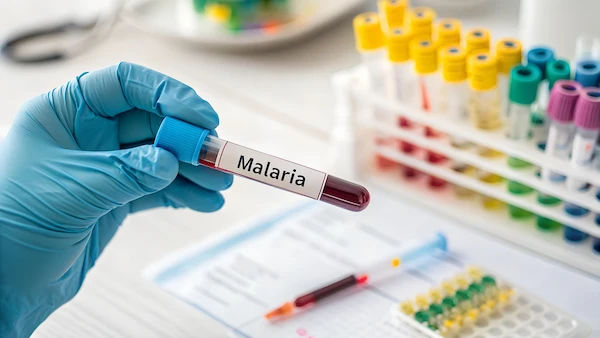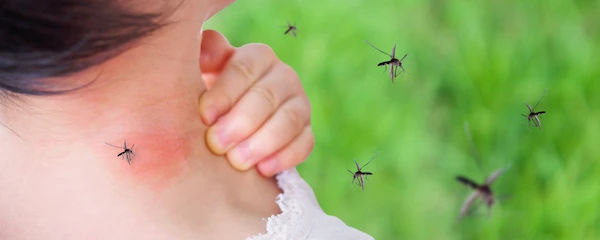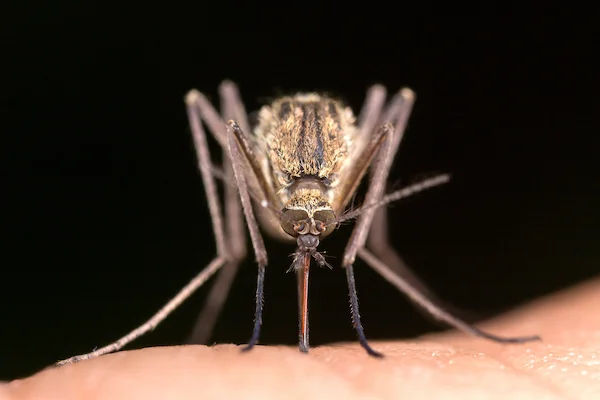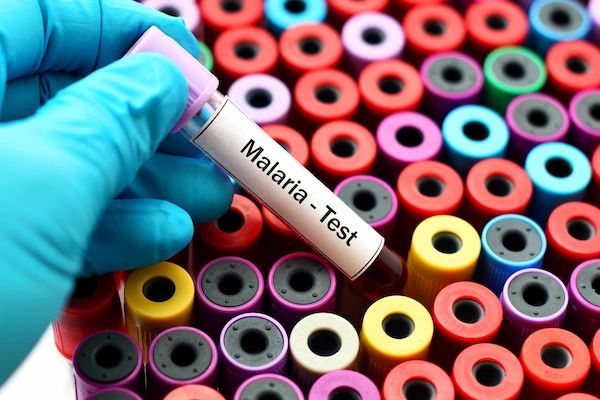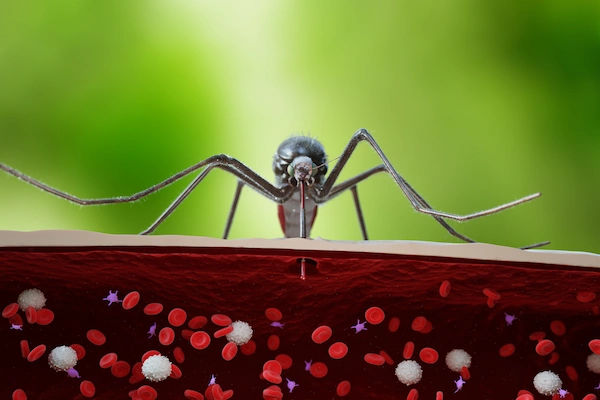Malaria Treatment and Home Remedies Information
Learn about malaria treatment options and supportive home remedies. Understand how timely medical care, combined with preventive measures, helps manage and recover from malaria.

Written by Dr. Vasanthasree Nair
Reviewed by Dr. J T Hema Pratima MBBS, Fellowship in Diabetes Mellitus
Last updated on 13th Jan, 2026
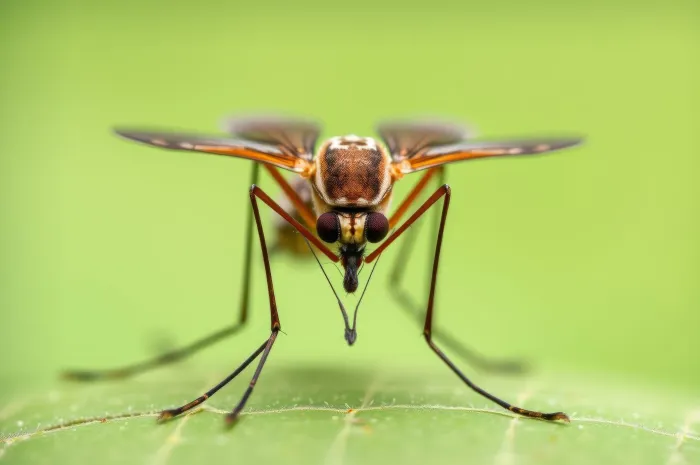
Malaria is a serious but treatable disease caused by parasites transmitted through mosquito bites. If not managed properly, it can lead to severe health complications. However, with timely treatment and proper care, recovery is possible. This article provides easy-to-understand information on malaria treatment, home remedies, and preventive measures to help you stay safe and healthy.
Understanding Malaria
Malaria is caused by Plasmodium parasites, which enter the bloodstream when an infected female Anopheles mosquito bites a person. The parasites multiply in the liver and then infect red blood cells, leading to symptoms like fever, chills, and fatigue.
Common Symptoms of Malaria
High fever with chills and sweating
Headache and body aches
Nausea and vomiting
Fatigue and weakness
Jaundice (yellowing of skin or eyes in severe cases)
If you experience these symptoms, especially after visiting a malaria-prone area, consult a doctor immediately.
Consult a Top Specialist
Medical Treatment for Malaria
Malaria treatment depends on the type of parasite, severity of symptoms, and the patient’s age and health condition. Doctors usually prescribe antimalarial medications, such as:
Chloroquine – Effective in areas where malaria parasites are still sensitive to it.
Artemisinin-based Combination Therapy (ACT) – Commonly used for Plasmodium falciparum malaria.
Quinine – Used in severe cases or when other treatments fail.
Primaquine – Given to prevent relapses in Plasmodium vivax malaria.
Important:
Never self-medicate, always take prescribed medicines as directed.
Complete the full course of treatment, even if symptoms improve.
Severe malaria may require hospitalization for IV medications and monitoring.
If you suspect malaria, book a malaria test or consult a doctor through Apollo 24|7 for quick diagnosis and treatment.
Get Your Health Assessed
Home Remedies to Support Recovery
While medical treatment is essential, some home remedies can help ease symptoms and speed up recovery.
1. Stay Hydrated
Fever and sweating can cause dehydration. Drink plenty of:
Water
Coconut water
Herbal teas (ginger or tulsi tea)
Oral rehydration solutions (ORS)
2. Nutrient-Rich Diet
A balanced diet strengthens immunity. Include:
Fruits (papaya, oranges, bananas) for vitamins.
Vegetables (spinach, carrots) for iron and antioxidants.
Protein sources (eggs, lentils, chicken soup) for recovery.
3. Herbal Remedies
Some natural remedies may help (but should not replace medical treatment):
Ginger tea – Reduces nausea and inflammation.
Turmeric milk – Boosts immunity and fights infection.
Cinnamon and honey water – May help reduce fever.
4. Rest and Comfort
Get plenty of sleep to help your body recover.
Use a cool compress to reduce fever.
Wear light clothing and stay in a well-ventilated room.
Preventing Malaria
Prevention is always better than cure. Follow these steps to reduce the risk of malaria:
1. Avoid Mosquito Bites
Use mosquito nets (preferably insecticide-treated).
Apply EPA-approved repellents (containing DEET, picaridin, or oil of lemon eucalyptus).
Wear long-sleeved clothes in mosquito-prone areas.
2. Keep Surroundings Clean
Remove stagnant water (mosquito breeding sites).
Use mosquito coils or electric repellents indoors.
Install window screens to keep mosquitoes out.
3. Take Preventive Medications (if traveling)
If visiting a high-risk malaria zone, consult a doctor for prophylactic (preventive) antimalarial drugs before travel.
When to Seek Emergency Care
Malaria can become life-threatening if not treated promptly. Seek immediate medical help if you experience:
Very high fever with confusion
Severe vomiting or diarrhea
Difficulty breathing
Seizures or unconsciousness
If you or a loved one shows malaria symptoms, book a consultation or lab test on Apollo 24|7 for quick and reliable healthcare support. Stay informed, stay protected!
Final Thoughts
Malaria is a dangerous but manageable disease. Early diagnosis, proper medical treatment, and supportive home care can ensure a full recovery. Always follow your doctor’s advice and take preventive measures to stay safe.
Consult a Top Specialist
Consult a Top Specialist

Dr. Srujana Mulakalapalli
General Physician/ Internal Medicine Specialist
5 Years • MBBS, MD (GENERAL MEDICINE)
Bengaluru
Apollo Medical Center, Marathahalli, Bengaluru
(25+ Patients)

Dr Syed Mateen Pasha
General Physician
2 Years • MBBS
Bengaluru
PRESTIGE SHANTHINIKETAN - SOCIETY CLINIC, Bengaluru

Dr. Vivek D
General Physician
4 Years • MBBS
Bengaluru
PRESTIGE SHANTHINIKETAN - SOCIETY CLINIC, Bengaluru

Dr. Harshendra Jaiswal
General Physician/ Internal Medicine Specialist
12 Years • MBBS , MD (General medicine)
Kolkata
108 DHANA DHANVANTARI Clinic, Kolkata
(25+ Patients)

Dr. Syed Ismail Ali
General Practitioner
7 Years • MBBS
Hyderabad
Apollo 24|7 Clinic, Hyderabad
Get Your Health Assessed
₹959(₹2397)60% off
Get Your Health Assessed
₹959(₹2397)60% off

